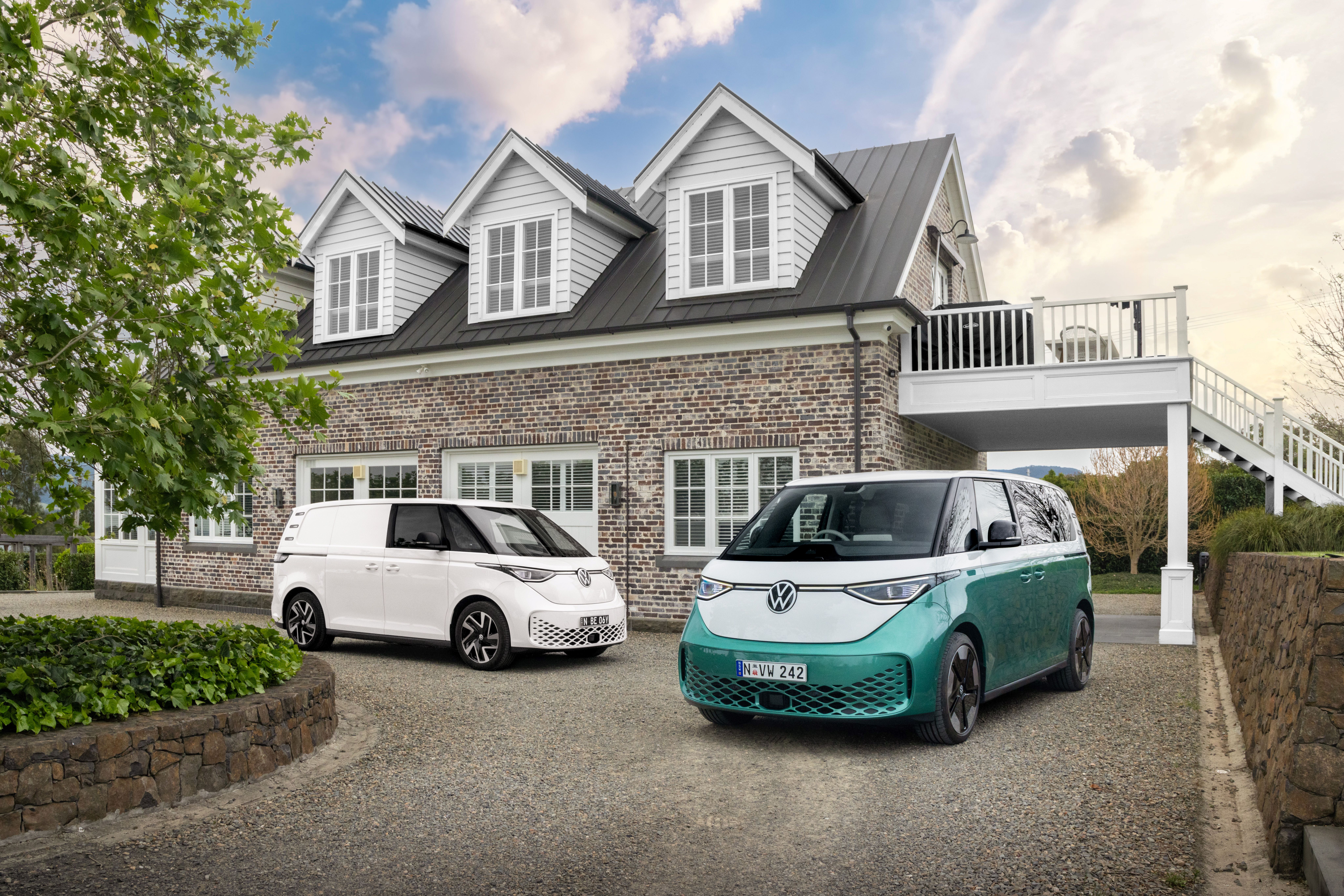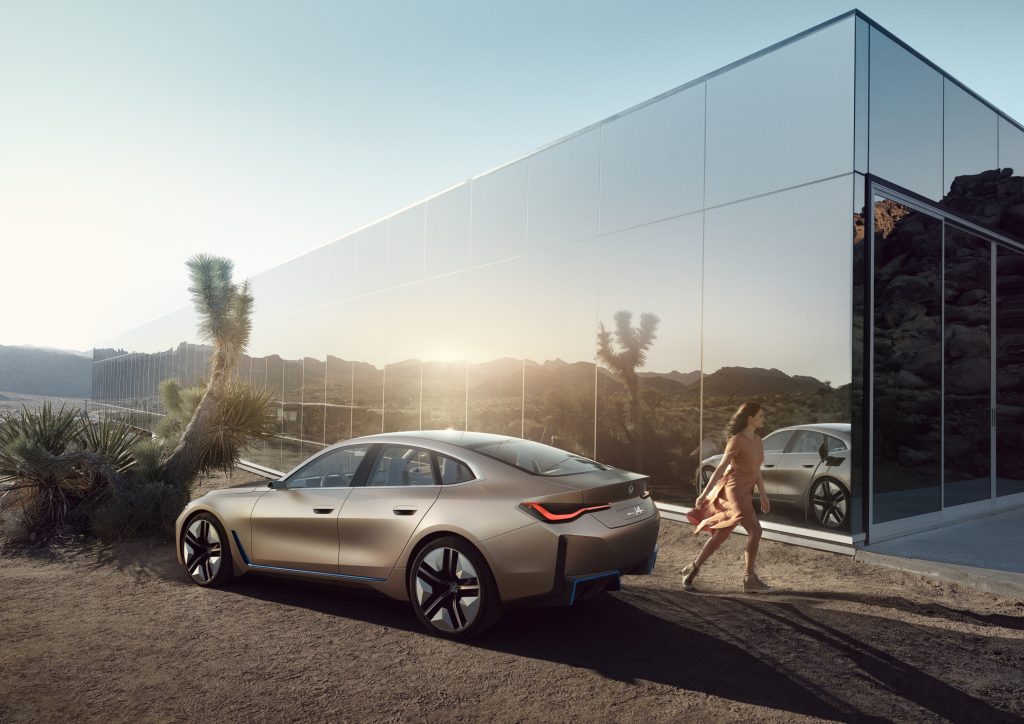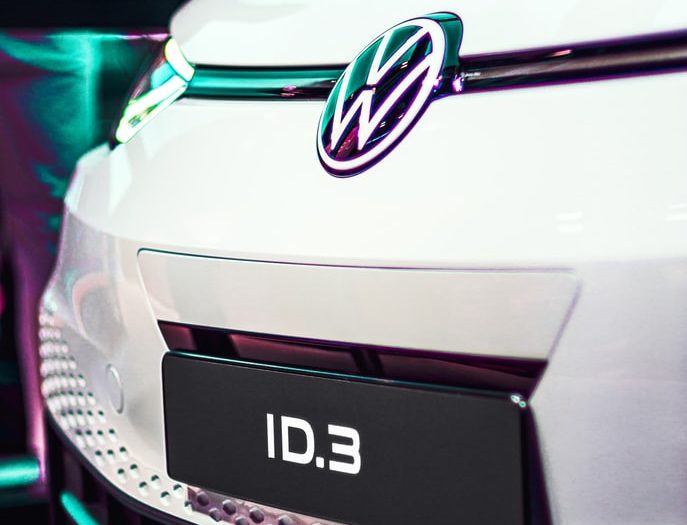SOME YEARS AGO, seniordriveraus ASKED TOYOTA Vice President Sales, Marketing and Franchise Operation Sean Hanley why, as one of the leading exponents of electric vehicle initiatives, the company didn’t bring more pressure to bear on the government for increased subsidies.
His comment was simple. “If a vehicle doesn’t sell on its own merits, no amount of subsidy will make it a success.”
We found it strange at the time, but it has turned out to be prescient.
For some years now, buyers have been lured into electric vehicles by subsidies and for a while there, it looked like EVs really were going to be the way of the future.
Brands like Audi, BMW, Mercedes-Benz and Volkswagen poured vast sums into electric vehicles, telling us how much faster, quieter and economical they are than internal combustion engine cars.
But all of a sudden, sales of EVs seem to have stalled.
Volkswagen is considering its first-ever plant closure in the group’s 87-year history, and CFO Arno Antlitz painted a bleak outlook.
According to Reuters, he said, “We still have a year, maybe two years, to turn things around. But we have to make the best use of this time.” In automotive terms, two years is a few seconds to midnight.
And the group’s brand leader, VW is struggling most. It missed its cost-cutting target of €10 billion ($A16.6 billion) by a hefty 30 percent.

Following the Covid pandemic, VW sales simply failed to recover as cost-of-living pressures mounted and customer expectations changed.
One of the problems is that VW has used the MEB platform to underpin the Polo and T-Cross electric models. They may be perfect for the European market, but you simply can’t make as much profit in small cars.
The problem spreads across the group. Other group members including Bentley, Audi and Porsche leave the group five million vehicles short of its 14 million capacity.
And here’s the rub.
Electric car sales are down 69 percent in Germany this year, a direct result of the country moving away from incentives at the end of 2023. Adding to the woes, Telsa and the proliferating new Chinese brands are offering cheaper prices and better battery technology despite swingeing tariffs.
Governments are quick to see when their support is being eroded, so they’ve done an about face in Germany and are reintroducing EV incentives to push sales of high-end models.
First up is a 40 percent depreciation allowance, lowering a buyer’s taxable income and permitting a higher price cap. An electric car worth $A155,000 such as an Audi Q8 e-tron or BMW i4 M50 can be bought for as little as $A390 a month, compared to the $A1600 it would previously have cost.

Germany is reintroducing incentives broadly similar to those which are pushing the Australian move to EVs. Electric vehicles in Australia currently hold a 7.6 percent share of new car sales in Australia, up 12.1 percent on last year.
As we have previously pointed out, hybrid models make far better sense in Australia than electric-only models. It seems that others have come around to our way of thinking; hybrid models have grown by over 90 percent in Australia, and that doesn’t even include plug-in hybrids.
